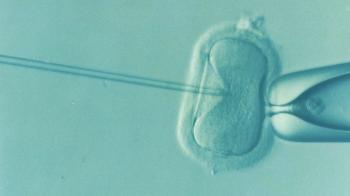Young Women Threefold Risk of Stroke Using Eating Contraceptives
May 21, 2025
|
A research team from the University of Istanbul, Turkiye, presented the findings at the 『European Stroke Society』 2025 Conference" held in Helsinki, Finland.
The results of this study are evaluated as supporting previous studies that hormonal contraception can affect the vascular health of women of childbearing age.
Ischemic stroke of unknown cause refers to stroke with no clear cause identified, accounting for about 40% of ischemic strokes occurring in young adults. However, studies related to risk factors according to gender, especially the use of contraceptives, have not been sufficiently conducted. Previous studies have also raised the possibility that complex oral contraceptives may increase the risk of stroke, but the study focused on the association between stroke of unknown cause and the use of contraceptives in young women.
The research team compared and analyzed 268 women who suffered ischemic stroke of unknown cause aged 18 to 49 at 14 medical centers in Europe and 268 healthy controls of the same age. Among those surveyed, 66 patients and 38 controls used combined oral contraceptives (OCs).
The research team conducted the analysis after adjusting for existing risk factors such as age, high blood pressure, smoking, migraines with precursor symptoms, and abdominal obesity.
As a result, contraceptive users had a threefold increased risk of stroke. However, no interaction between contraceptive use and existing risk factors was found.
This suggests that contraceptives are likely to increase the risk of stroke independently, regardless of existing vascular risk factors, the researchers explained.
Dr. Minessezgin of the Department of Neuroscience at the University of Istanbul, who led the study, said, `The study confirmed once again the link between birth control pills and the risk of stroke"Especially considering existing risk factors, the fact that the association remains strong raises the possibility that additional mechanisms such as genetic or biological factors exist."
In this study, most contraceptive users were using ethylestradiol-based formulations, with an average dose of 20 micrograms. In addition, various estrogen types such as estradiol hemihydrate and estradiol valerate have been recorded.
Dr. Sezgin compared and analyzed the estrogen doses of all participants equallyWhile ", our study provides important initial data, more large-scale studies are needed to see if certain formulations represent different risks. This will help provide women with personalized contraceptive methods,' he added.
Meanwhile, according to the World Health Organization (WHO), more than 100 million women around the world are known to be using complex oral contraceptives.
This article was translated by Naver AI translator.














